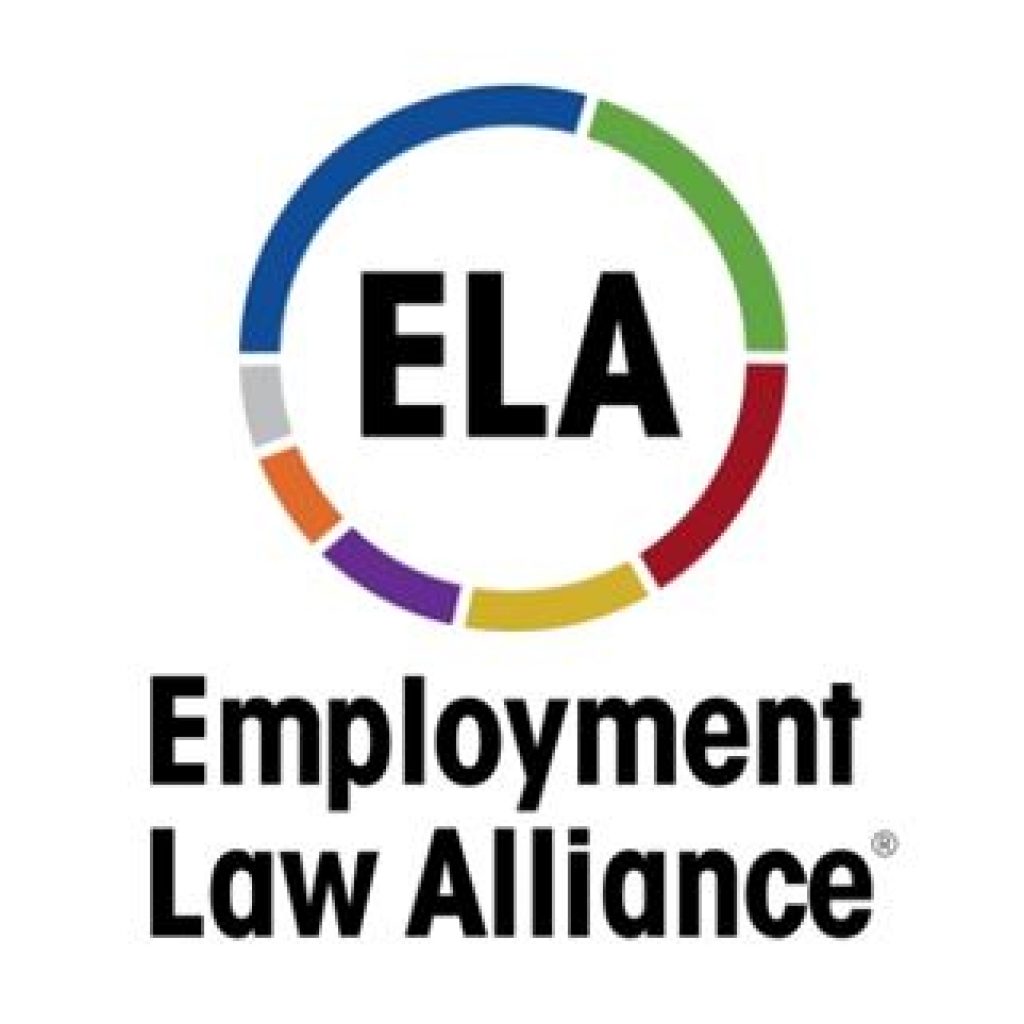NLRB Releases Advice Memo Regarding Civility Rules, As Well As Governmental Inquiries
In a recently issued Advice Memorandum, the National Labor Relations Board’s (NLRB) Office of the General Counsel (OGC) offered guidance to employers – both union and non-union – regarding the maintenance of rules relating to civility in the workplace, as well as when employees may be required to notify their employer about governmental inquiries or subpoenas. NLRB Advice Memoranda contain the recommendations of the OGC to Regional Offices on novel or complex issues. These memos may be publicly released years after issuance, but often contain helpful guidance for employers.
In Chipotle Mexican Grill, the OGC held the restaurant chain’s “Ethical Communications” rule to be lawful. The OGC applied the Board’s Boeing framework – under which work rules are divided into Categories 1 (lawful), 2 (requires individualized scrutiny), or 3 (unlawful). The restaurant’s rule requires “fair and courteous” employee conduct, cautions against communications that “reasonably could be viewed as malicious, obscene, threatening, or intimidating,” and encourages employees to “be…objective” in their communications with coworkers, customers, and suppliers.
Noting that the Board made clear in Boeing that employers may maintain work rules requiring employees to uphold basic standards of “civility,” the OGC determined that the rule at issue is akin to the sort of civility rule the Board has found lawful under Boeing. The OGC reinforced the important distinction between rules restricting employee speech about their coworkers (i.e., disparaging coworkers), which have little or no impact on employees’ Section 7 rights to communicate between themselves and others about their terms and conditions of employment, and rules restricting what employees can say about their employer (i.e., disparaging the owners). Because the Ethical Communications rule restricted the former, and not the latter, the OGC concluded that the rule is a lawful civility rule that belongs in Category 1 of the Boeing matrix.
Next, the OGC concluded that the employer’s “Government Inquiries/Investigations” rule, on the other hand, violated Section 8(a)(1) of the National Labor Relations Act (NLRA), and directed the Regional Office to issue a complaint. Specifically, this rule required employees to immediately forward to the company any inquiry, request for information, or subpoena from a government agency or authority.
The OGC determined that this rule plainly restricts employees from cooperating in government investigations, including NLRB investigations. Noting that employees have a Section 7 right to cooperate in Board investigations, or to concertedly participate in investigations by other regulatory agencies, the OGC reasoned that employees would reasonably conclude that the rule prohibits them from providing evidence or cooperating in an investigation without first notifying the employer. By requiring employees to identify themselves to the employer before participating in an investigation, subjecting the employee to coercion and intimidation, the OGC opined that the potential impact of the rule on Section 7 rights was significant. While the employer claimed that the rule does not apply to inquiries or subpoenas directed to individual employees, the rule made no such distinction. Thus, the OGC concluded that the rule had significant impact on Section 7 rights and the employer could “easily accommodate its legitimate business interests” with a narrower rule. Accordingly, the OGC considered this rule to be a Category 3 rule (unlawful rules) under Boeing.







